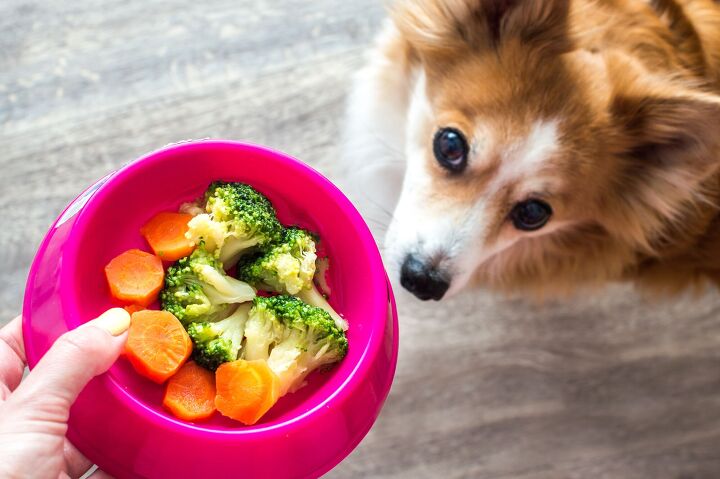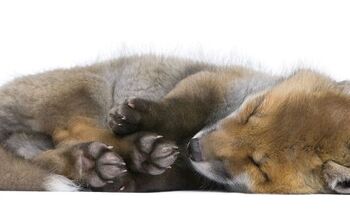Vegan Dogs and Cats? Maybe!

Pet food manufacturers have amped up the quality of the vegan options to meet industry standards for protein.
Statistics show that the global pet food market has grown from approximately $83 billion in 2018 to what will amount to almost $150 billion by the time 2024 draws to a close. These are huge numbers with a massive uptick in profits for leading brands. So, no surprise that when trends of a substantiative nature begin to appear in this highly lucrative industry, pet food manufacturers worldwide are keen to adapt their product line-up in a bid to lead the proverbial pack.
Such is the case with one rather unexpected purchasing pattern - that of vegetarian and vegan pet foods. I mean, who would have ever thought our furry little carnivores could not only survive but thrive on plant-based foods?
Back in 2017 a start-up company called Wild Earth did, and they introduced a range of high-quality, sustainably sourced plant-based foods that complied with vet-developed recipes.
Clearly, ahead of the curve, they predicted pet owners would begin seeking out better-quality food for their furry crew. In fact, public demand and the subsequent industry shift from synthetic to premium, natural ingredients was the key reason we’ve seen such a massive jump in revenue since 2018. Top quality commands a higher price.
Since then, mainstream brands like Purina, Natural Balance, Petco, Royal Canin, and Natural Recipe to name a few, have all joined the quest for this lucrative corner of the pet food market.
Now, according to the American Kennel Club (AKC), while dogs may prefer a meat-based diet, a vegan diet is feasible as long as he is receiving the right supplements. The biggest concern is that the dog may not receive sufficient protein and/or experience an imbalance of critical amino acids. However, with these boxes safely ticked, they see no reason your pet cannot transition into a plant-based diet.
And while your decision to take your pet off the usual diet of meats and meat by-products may be down to personal choice such as leading a vegan/vegetarian lifestyle or recognizing the negative impact the livestock industry is having on the environment from a greenhouse gas standpoint, there are other benefits to making this move. They include improved health and reduced risk of the kidney, liver, and neurological diseases associated with commercial meat-based pet foods.
According to the US-based National Library of Medicine, “Compared to carnivorous wolves, omnivorous dogs have evolved a superior ability to metabolize carbohydrates and to subsist on a diet lower in protein. There is—at least in theory—no reason why diets comprised entirely of plants, minerals, and synthetically-based ingredients (i.e., vegan diets) cannot meet the necessary palatability, bioavailability, and nutritional requirements of cats and dogs”.
That said, the most critical criterion in this type of dietary shift is - as mentioned by AKC - the provision of adequate protein and amino acids as outlined by the Association of American Feed Control Officials’s (AAFCO) Dog and Cat Food Nutrient Profiles. For growing dogs, that’s 22.5% and 18% for adult dogs. Check those labels, and you can’t go wrong.

Sharing space with three seriously judgy Schnoodles and a feline who prefers to be left alone. #LivingMyBestLife
More by Mary Simpson























